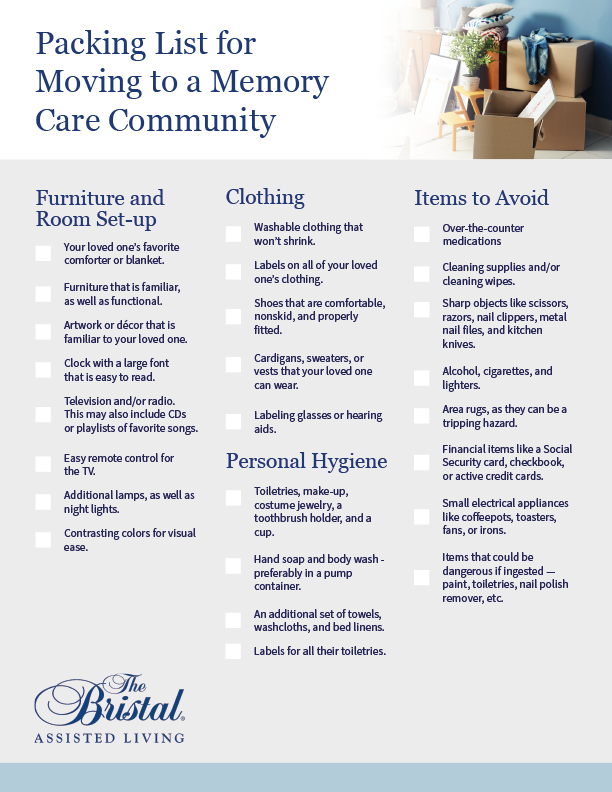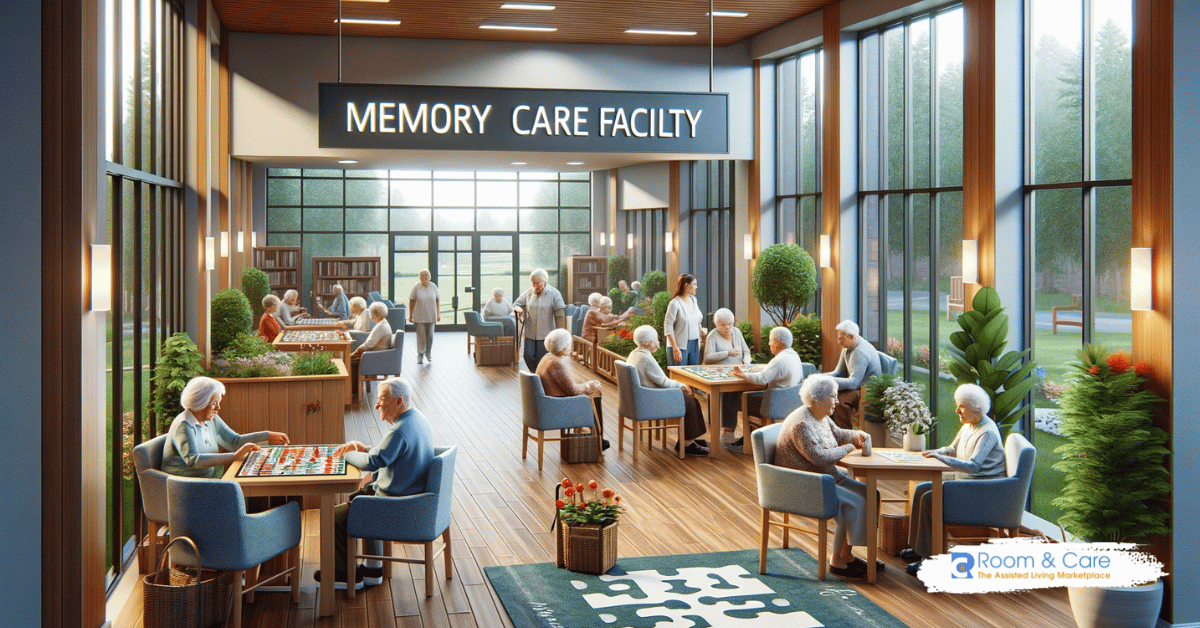Enhancing Comfort and Security Via Alzheimers Care Charlotte Solutions
Enhancing Comfort and Security Via Alzheimers Care Charlotte Solutions
Blog Article
Creating a Safe and Encouraging Atmosphere for Alzheimer's Treatment
The production of a encouraging and safe atmosphere for individuals with Alzheimer's is paramount in enhancing their top quality of life. This entails not just physical adaptations within the home, such as lessening threats and including familiar elements, however likewise the implementation of structured routines and significant tasks that provide to their cognitive needs. Moreover, recognizing the emotional and psychological dimensions of treatment can dramatically affect their complacency and connection. Discovering these complex approaches can expose important insights right into efficient caregiving approaches that might change the day-to-day experiences of both patients and caretakers.
Comprehending Alzheimer's Demands
Frequently, people with Alzheimer's illness display a variety of requirements that require customized approaches to care. As the condition proceeds, cognitive decline materializes in different ways, affecting memory, thinking, and also the capability to perform everyday activities. Caregivers have to acknowledge these developing needs to offer appropriate support and ensure a better of life for those impacted.
One essential aspect of recognizing Alzheimer's demands is acknowledging the value of routine and knowledge. People frequently discover convenience in well-known patterns, which can minimize stress and anxiety and confusion. Caretakers must make every effort to create organized daily timetables that include significant activities aligned with the person's interests and capabilities.
Furthermore, reliable communication is critical. People with Alzheimer's may struggle to share themselves or comprehend intricate language. Caregivers should use simple, clear language, use non-verbal signs, and practice energetic paying attention to cultivate understanding and connection.
Lastly, social and emotional needs can not be ignored. Providing chances for social communication and keeping relationships can substantially enhance psychological well-being. Caregivers must urge engagement in area tasks or household celebrations, promoting a sense of belonging and function. Recognizing these varied needs is necessary for producing a helpful care atmosphere.
Creating a Safe Home
Developing a secure home for people with Alzheimer's condition is vital to lessening dangers and promoting freedom. The design of the space should focus on safety while enabling for personal convenience. Eliminate potential hazards such as loose rugs, sharp objects, and mess, which can lead to drops or crashes. Guarantee that pathways are well-lit and clear, as proper lighting reduces disorientation and enhances movement.
Including flexible attributes is additionally vital. Mount grab bars in restrooms and near stairs, and consider utilizing non-slip mats in wet locations. Additionally, utilizing contrasting shades for floors and walls can aid in differentiating areas, aiding to mitigate confusion.
Familiarity is essential for people with Alzheimer's. Customizing the environment with familiar objects and photographs can enhance a sense of belonging and security - Alzheimers Care Charlotte. It is likewise valuable to have a marked area for everyday tasks, such as reading or crafting, which can give structure to their day
Last but not least, carrying out a protected exterior room enables risk-free exploration while getting in touch with nature. By attentively designing the home atmosphere, caregivers can substantially enhance the top quality of life for people coping with Alzheimer's illness.
Enhancing Interaction Abilities

Non-verbal communication, including faces, gestures, and touch, plays a vital duty in communicating compassion and understanding. Maintaining eye get in touch with and a tranquil temperament can boost the comfort degree of the individual, advertising a sense of safety and security.
Moreover, it is important to practice active listening. This includes being fully present, showing patience, and allowing the individual to reveal themselves without disruption. Repeating might be needed; caretakers should be prepared to take another look at subjects or concerns, as people with Alzheimer's might fight with memory recall.
In addition, using aesthetic help or cues, such as pictures or familiar things, can assist in acknowledgment and interaction. Eventually, enhancing communication abilities has to do with building trust and creating a setting where individuals really feel heard, valued, and recognized, thereby enhancing their lifestyle.
Encouraging Social Interaction
Promoting significant social interactions can considerably enhance the health of individuals with Alzheimer's disease. Involving with others not just helps battle sensations of isolation however likewise stimulates cognitive function and psychological health and wellness. Structured social activities, such as group video top article games, crafts and arts, or music therapy, create opportunities for citizens to connect with peers and caretakers, which can bring about enhanced state of mind and decreased stress and anxiety.
Developing an inviting atmosphere that encourages socializing is essential. This can be accomplished by setting up public spaces that facilitate interaction, such as relaxing seating areas or activity spaces. Furthermore, including culturally appropriate and familiar activities can urge and spark memories involvement, allowing people with Alzheimer's to feel more connected to their past experiences.
In addition, caretakers need to be educated to acknowledge and promote social involvement among residents. Basic gestures, such as initiating conversation or helping with tiny team conversations, can aid people feel valued and consisted of. On a regular basis arranged gatherings need to be consistent yet flexible, fitting varying degrees of capacity and rate of interest. By focusing on social interaction, we can significantly enhance the lives of those living with Alzheimer's, cultivating a sense of area and belonging.
Sustaining Caretaker Health
To support caretakers, organizations should offer normal training and instructional resources to improve their understanding of Alzheimer's disease and caregiving methods. Supplying access to reprieve treatment solutions enables caregivers to take necessary breaks, decreasing stress and tiredness - Alzheimers Care Charlotte. In addition, promoting an area with support system can assist in emotional sharing and the exchange of useful guidance amongst caretakers, developing a network of common assistance
Psychological health sources, such as therapy services, can likewise be essential in resolving the psychological toll caregiving can take. By focusing on caretaker wellness, we create an even more sustainable caregiving setting that not only benefits the caretakers themselves yet additionally improves the overall top quality of care obtained by individuals with Alzheimer's. Eventually, sustaining caretakers is an important element in promoting a efficient and compassionate care setting.
Conclusion
To conclude, the production of a safe and helpful setting for individuals with Alzheimer's is essential to improving their lifestyle. By prioritizing safety through thoughtful style, cultivating emotional health with acquainted components, and advertising interaction through structured regimens, caretakers can significantly influence the total experience of those influenced by this condition. Additionally, sustaining caregiver health is essential, as it ultimately adds to a more thoughtful and efficient treatment setting.
Repeating might be required; caretakers must be prepared to revisit inquiries or topics, as people with Alzheimer's might battle with memory recall.

Report this page